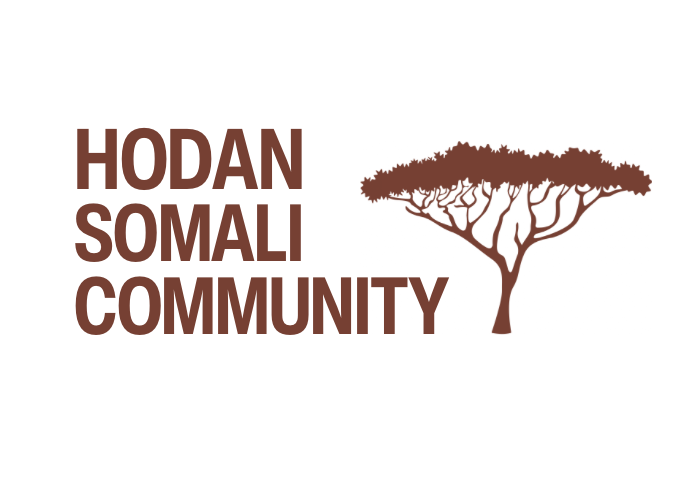Over the past decade, many services have moved online. These include making GP appointments, asking for repeat prescriptions, shopping, banking, and applying for welfare benefits.
The shift to online services presents a huge challenge for people who haven’t grown up with electronic devices – and especially for older people, socially isolated women, people with disabilities, those with low literacy skills, and those for whom English isn’t their first language.
A particularly challenging issue is that Universal Credit relies on an ‘online journal’ system – requiring people to create an account, log in regularly, and update their information. Failure to update the ‘journal’ on time can lead to benefit claims being refused or cancelled, plunging people unexpectedly into poverty and putting them at risk of eviction or mental health crisis.
With a grant from the Trust for London, Hodan is supporting members of the Somali and wider BAME community in West London to acquire the digital literacy skills they need to access mainstream services, including welfare benefits and other entitlements. We have created a bespoke Digital Literacy Skills Framework, loosely based on the government’s ‘National Standards for Essential Digital Skills’ but tailored to the needs of our community, which can be downloaded here.
